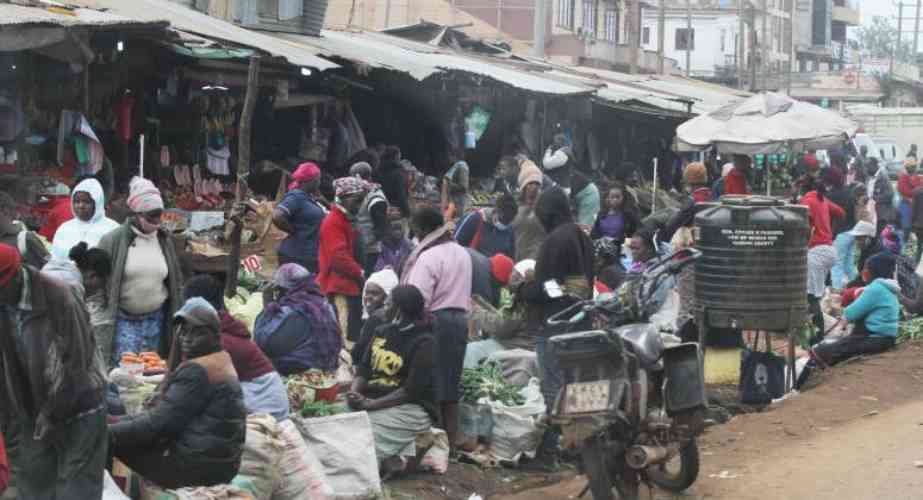NAIROBI: The Government is moving closer to establishing price controls in the lucrative cooking gas sector in a move that will have far-reaching consequences to consumers and oil marketers operating in the country.
This latest move comes on the back of renewed pressure on the Government through the Energy Regulatory Commission (ERC) to rein in unscrupulous dealers of cooking gas who sell substandard or exorbitantly priced LPG products. The energy regulator Tuesday kicked off the search for a consultant who will assist in the inspection of facilities dealing in Liquefied Petroleum Gas (LPG) for legal compliance over the next two years.
The consultant will be charged with inspecting premises and facilities used for refilling and transportation of wholesale and retail cooking gas as well as conduct random checks on these facilities to ensure compliance to licensing conditions.
“Sessional Paper No. 4 of 2004 on energy provides that regulation would only be necessary in cases where the market structure cannot allow competition. This has been the reason why the Commission does not regulate the price of LPG,” stated Eng Joseph Nganga. “But should the market structure change, the position can be reviewed, as happened with petroleum products,” he added. ERC already enforces checks on the quality of fuel and LPG but the regulator has in recent years pushed to tighten its oversight mandate on the LPG sub-sector with suggestions of introducing price controls similar to the ones put in place for fuel in 2006.
The purpose of the fuel pricing regulation is to cap the pump prices of the products, which are already in the country, such as the importation and other prudently incurred costs are recovered, while ensuring reasonable prices to consumers
“Our concern on LPG is to ensure that it is properly stored to make it possible to detect a leak and at the same time ensure that the containerisation is done using the proper standards and materials,” said ERC Director General, Eng Joe Nganga, last week. ERC, however, reckons that compliance among oil retailers has been good with more than 90 per cent of outlets operating up to par.
Data from the Kenya National Bureau of Statistics (KNBS) states that majority of the Kenyan households still use kerosene and firewood for cooking and lighting with the price of kerosene having risen more than 130 per cent in the last ten years from Sh35 in 2003 to Sh83 as at 2013.
The regulator is banking on the enactment of the Energy Bill 2015 currently in before Parliament and expected to provide the Energy Regulatory Commission with power to effect tighter controls on all sectors of Kenya’s oil market.
 The Standard Group Plc is a
multi-media organization with investments in media platforms spanning newspaper
print operations, television, radio broadcasting, digital and online services. The
Standard Group is recognized as a leading multi-media house in Kenya with a key
influence in matters of national and international interest.
The Standard Group Plc is a
multi-media organization with investments in media platforms spanning newspaper
print operations, television, radio broadcasting, digital and online services. The
Standard Group is recognized as a leading multi-media house in Kenya with a key
influence in matters of national and international interest.
 The Standard Group Plc is a
multi-media organization with investments in media platforms spanning newspaper
print operations, television, radio broadcasting, digital and online services. The
Standard Group is recognized as a leading multi-media house in Kenya with a key
influence in matters of national and international interest.
The Standard Group Plc is a
multi-media organization with investments in media platforms spanning newspaper
print operations, television, radio broadcasting, digital and online services. The
Standard Group is recognized as a leading multi-media house in Kenya with a key
influence in matters of national and international interest.







